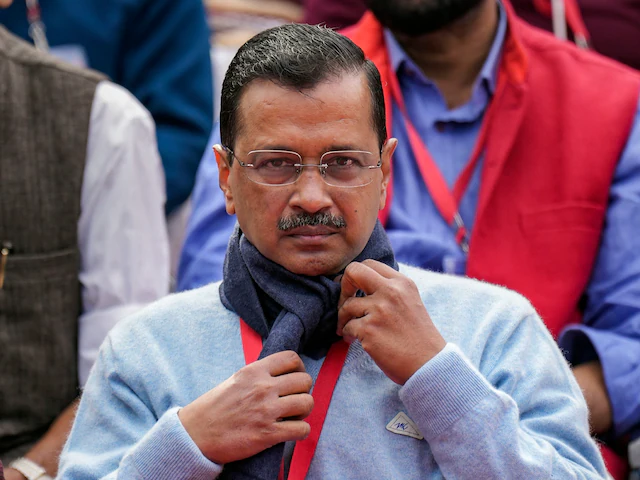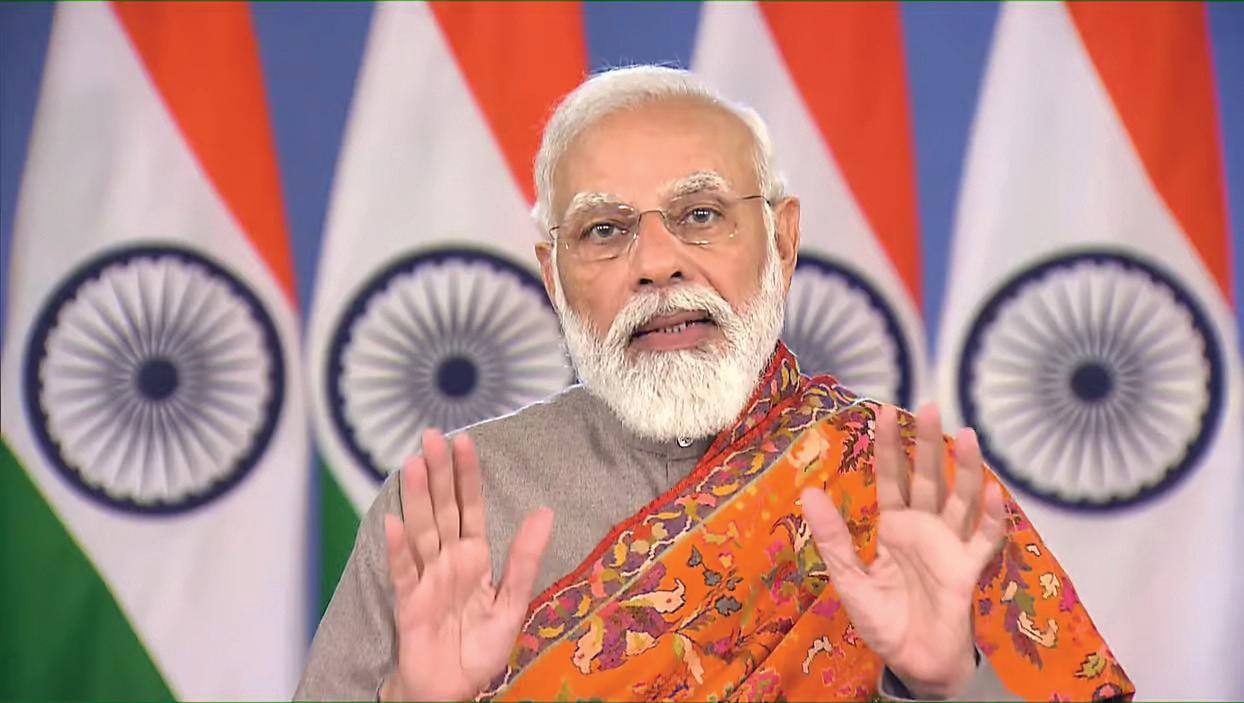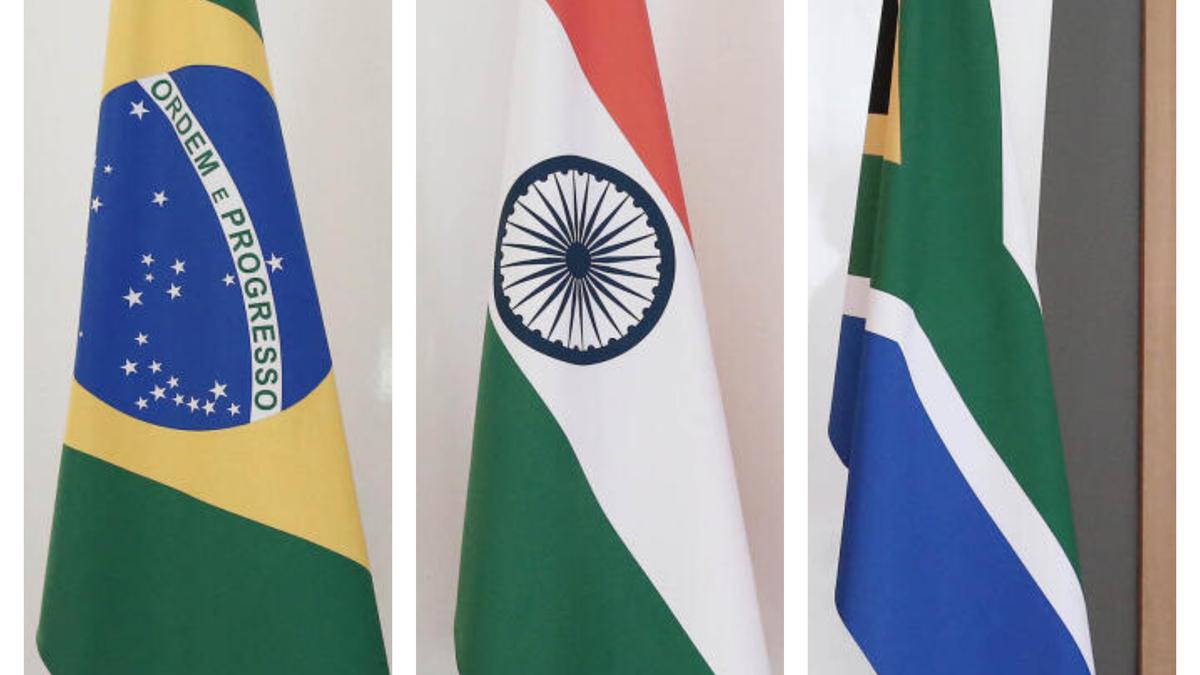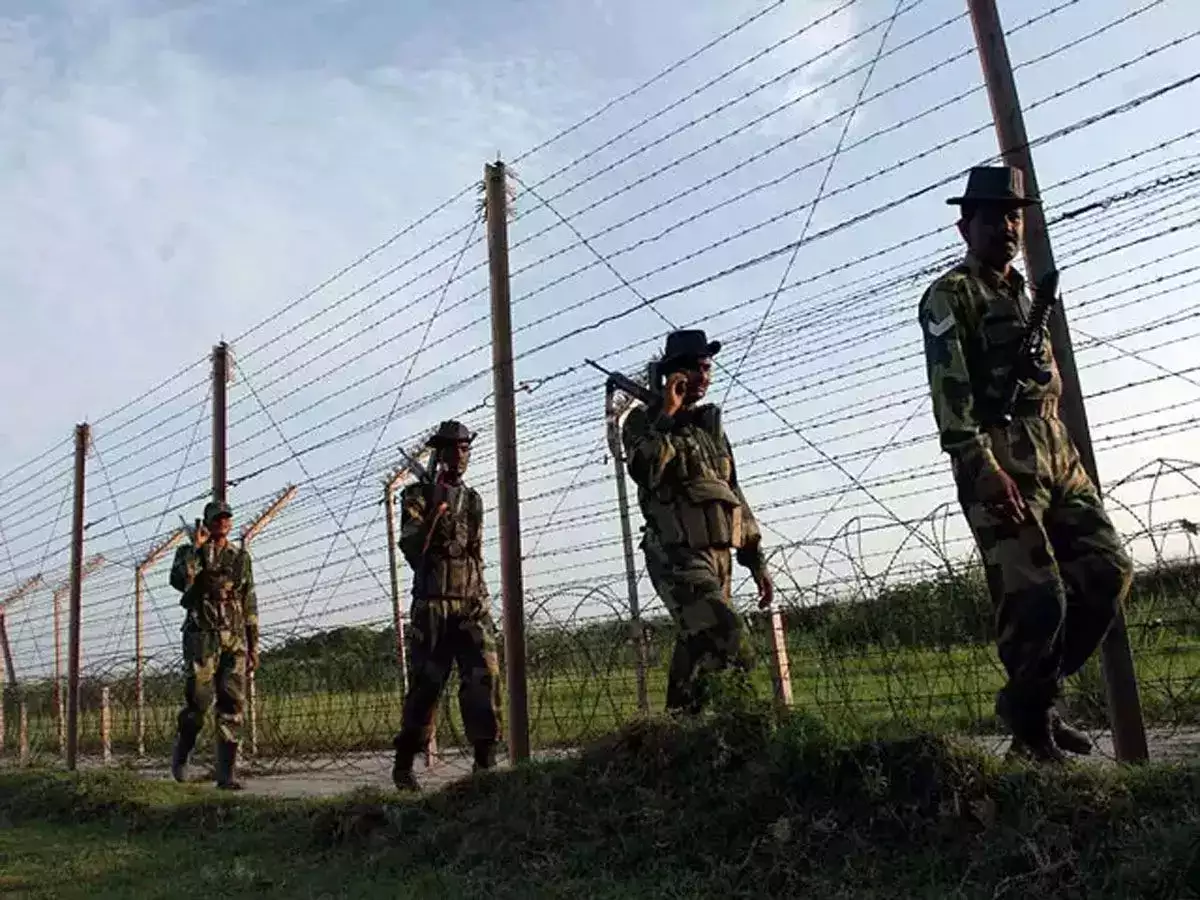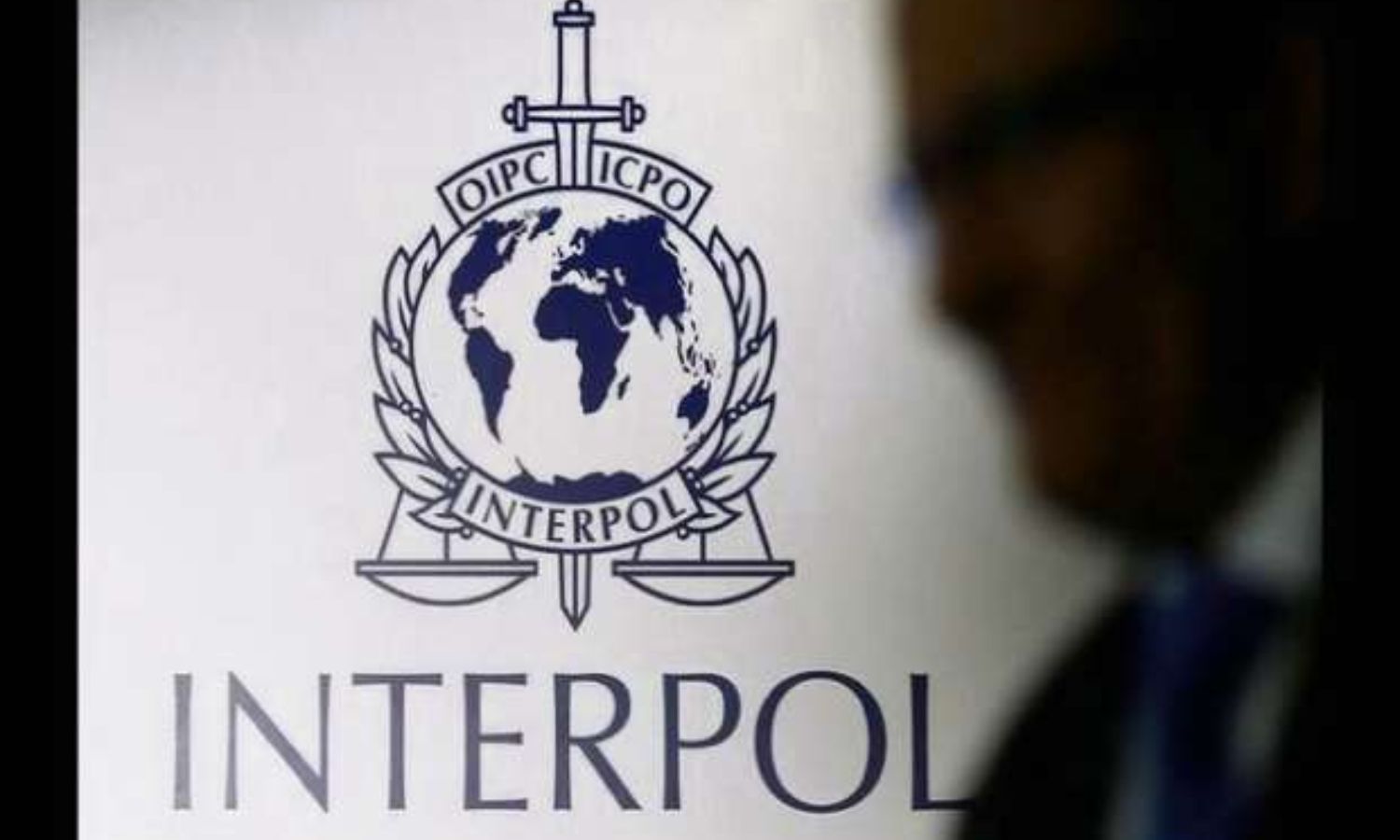The Constitution of India Guarantees equality before law and equal protection of law to every citizen irrespective of their caste, creed, religion or sex.
The framers of the constitution wanted everyone to enjoy equal rights and therefore they made provisions in the Indian constitution regarding the same.
The position of the third genders in Indian society was always under question and their rights were always infringed by those in power. Sex and gender are two different terms with significant meaning. “Sex is what you are born with, gender is what you discover.’’ Transgender are peoples who identify themselves as opposite to sex i.e. their gender is different from the one which they were born. India is a country which believes in binary gender classification therefore the transgender community in India face variety of issues. They have been excluded socially, economically, politically. This exclusion is because of the lack of litigation to protect the rights if these persons. These people face discrimination because of the weak financial status which forces them into prostitution and begging.
The Indian mythology witnesses that the third gender was even present at that time. A perfect example of this is the Ardhnareshwar Avatar of Lord Shiva. On one hand we worship Lord Shiva in this Avatar whereas on the other hand we consider the third gender as undignified and social elements of society. With the passage of time and development of society the lawmakers have realised that there is an urgent need to pay emphasis on protection of third gender rights.
DISCRIMINATION FACED BY TRANSGENDERS
The transgender community faces an ample amount of discrimination by the society and their rights are infringed in various forms.
INEQUALITY
The transgender community who faces huge inequality in the society .There is unequal treatment to the people of transgender community in various fields this inequality leads to infringement of rights of transgender. The constitution of India abolishes any kind of inequality under article 14 and 15 but in reality even today there exists an unequal treatment transgender community.
WORKPLACE AND EMPLOYMENT
The people of transgender community face huge discrimination at workplace .They are not given equal treatment by their colleagues and even by their employers. The transgender are not selected for the jobs in corporate sectors even if they are highly qualified. This is another type of infringement as the Indian Constitution allows every citizen to work anywhere according to their choice. Records have shown that the number of employments of third gender community has increased in recent time but even today it is negligible if compared to others, also even if a transgender gets a job he does not get respect from a staff which even sometimes leads to negative remarks from others.
EDUCATIONAL INSTITUTIONS
Children are the future of our society. We all know that a child’s mind is a plain board which learns and acquires anything taught to him. There have been instances where Children of transgender community are bullied and harassed by their classmates, which lead them to acquire inferiority complex which may further lead to many psychological aspects which may even lead them to commit unwanted act like suicide. Children at school should be taught about transgender and a social sphere should be developed around them in which a proper respect should be given to all genders which will have a positive impact on their minds.
Thus, gender is an inclusive umbrella term which includes an array of varied gender schemes between the two poles of heterosexual males and females. Since the ancient era, Vedic and Puranic literature have recognized the presence of three genders, viz. heterosexual male, heterosexual female and the tritiya prakriti or the third sex.T he third gender category, commonly referred to as Hijras, in India, can be described as a natural combination of male and female features to such an extent that they cannot be categorised within the separate classification of two distinct binary genders, i.e. male and female. Hijras are not men by virtue of anatomical appearance, and psychologically they are also not women, though they are like women, but have no female reproductive organs and they do not menstruate.
In Hindu culture, Hijras were socially recognized and held a special status, for they ushered in blessings on auspicious occasions such as marriage or the birth of a child. During the British Rule, third gender people were likened to a deadly disease that could infect society. In consequence, the Criminal Tribes Act was enacted in 1871, which granted powers to the government to apprehend third gender people for the mere apprehension of promiscuous activities.
On 24 August 2017, India’s Supreme Court gave the country’s LGBT community the freedom to safely express their sexual orientation. However, the Supreme Court did not directly overturn any laws criminalizing same-sex relationships.
CONSTITUTIONAL PROVISIONS
The preamble of the Indian constitution mandates justice for all citizens. The concept of social justice enshrined under Indian constitution states that there should be no social injustice against any one. The word social justice includes actions which infringe rights of any particular group and hamper opportunities given or available to them by treating them unfairly.
The concept of the rule of law is incorporated under article 14 of the Indian constitution. Article 14 states that everyone is equal before law, in addition to this Article 15 also talks about equal protection of laws which means that their should be no discrimination based on cast, creed, religion or sex.
Article 21 of the Indian constitution ensures the right of a person to live with dignity. Therefore every transgender has a right to live a dignified life under Article 21 of Indian Constitution.
ROLE OF JUDICIARY
The judiciary has played a very crucial role in protection of rights of third gender.
The approach of judiciary has been proactive and it has Interpreted the legislation keeping in mind the changes occurring in society and the need for protection of those Oppressed.
Naz Foundation v. govt. Of NCT of Delhi (2009)
In the above mentioned case sec. 377 of Indian penal code 1860 as struck down By Delhi High Court legalizing consensual homosexual activities between adults.
Suresh Kumar Koushal and Ors. vs. NAZ Foundation and Ors. (2013)
In this case The Hon’ble Supreme Court struck down the Delhi High Court judgement and criminalized homosexuality once again.
Navtej Singh Johar v. Union Of India (2018)
In this case homosexuality was decriminalized By the Hon’ble Supreme Court and the position taken in the suresh kumar koushal was dismissed by the Hon’ble supreme court.
SUGGESTION
Discrimination against transgender is done by both state and civil society. the violence faced by the community is not only due to lack of initiative from the state but also due to the societal norms, our society has been a progressive society but antisocial norms are Still present in deep roots of society. There is a need to teach and make people aware about the reasons behind homosexuality.
The prime reason behind Homosexuality is presence of both male and female hormones in a single person which conclude that a person who is a born as a transgender has no role to play and is even not liable for it .Therefore discriminating among people of third gender is not only legally invalid But also against the natural laws of society.
CONCLUSION
It is concluded that transgender who have a different sexual orientation, face an ample amount of discrimination and exclusion from society which further leads them to face many problems in satisfying their needs.
This exclusion and discrimination vary from simple personal relations to social ignorance.
Protection of LGBT from discrimination does require the creation of New Human standards but requires a proper implementation of Human Rights standards enforce.
The transgender community faces huge inequality in society .There is unequal treatment to the people of transgender community in various fields. This inequality leads to infringement of rights of transgender. The Constitution of India abolishes any kind of inequality under Article s 14 and 15, but in reality, even today there exists an unequal treatment of transgender community.


 Opinion3 years ago
Opinion3 years ago
 Entertainment8 years ago
Entertainment8 years ago
 Entertainment8 years ago
Entertainment8 years ago
 Fashion8 years ago
Fashion8 years ago
 Opinion4 years ago
Opinion4 years ago
 Entertainment8 years ago
Entertainment8 years ago
 Politics8 years ago
Politics8 years ago
 Entertainment8 years ago
Entertainment8 years ago
